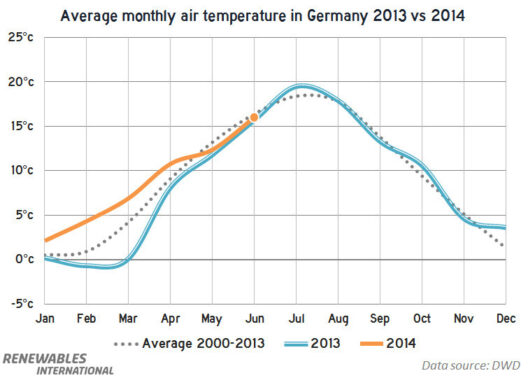Climate change has become one of the most pressing challenges of our time, impacting ecosystems, weather patterns, and human lives across the globe. With mounting evidence pointing to the stark realities of global warming, the imperative to take action has intensified. But how can you, as an individual, contribute to this crucial cause? Surprisingly, it is often the small changes in our daily routines that can lead to significant impacts in the fight against climate change. So, what simple adjustments can you make to help prevent global warming? Perhaps we can turn this into a challenge: what can you commit to doing differently this week?
Let’s delve into the myriad of small yet effective changes that can collectively make a monumental difference.
Choosing Sustainable Transportation Options
Transportation is a leading contributor to greenhouse gas emissions. In fact, the way you travel can dramatically affect your carbon footprint. So, consider alternative ways to get around. Can you walk or bike for short distances instead of driving? These not only reduce emissions but also promote physical well-being.
For longer trips, think about utilizing public transport, such as buses or trains. Not only does it curb individual carbon output, but it also decreases congestion, leading to improved air quality for everyone. If public transport is not an option, carpooling with friends or colleagues can help cut down emissions significantly. To raise the stakes, why not challenge yourself to a “no car week” and document how it affects your routine?
Embracing Renewable Energy Sources
An astounding portion of global carbon emissions stems from fossil fuels. Transitioning your household energy consumption toward renewable sources stands as one of the most impactful contributions you can make. Are you aware of the various options available to you?
Start by evaluating your energy provider. Many utility companies now offer green energy programs, allowing you to source your electricity from renewable methods such as wind or solar. You may even consider installing solar panels if feasible, investing in a sustainable energy future while adding value to your property.
This transition doesn’t stop at energy suppliers. By being conscious of your energy usage—turning off lights, unplugging devices, and opting for energy-efficient appliances—you can further reduce your carbon footprint. This week, why not set a daily energy consumption goal and see how much you can save?
Adopting a Mindful Diet
Food production is a significant driver of climate change, impacting everything from land use to water consumption. Adopting a more sustainable diet can greatly contribute to reducing your personal impact on the environment. What if you took the initiative to explore plant-based meals this week?
Consider reducing your meat consumption, particularly red meat, which has a disproportionately large carbon footprint. Instead, include more locally-sourced and seasonal produce in your meals. Not only is this beneficial for the environment, but it also supports local farmers and businesses. If you’re unsure where to start, consider participating in a “meatless Monday” campaign to gauge your ability to adapt.
Reducing Food Waste
In the United States alone, approximately 30-40% of the food supply is wasted. This waste contributes significantly to landfills, where it releases methane, a potent greenhouse gas. Tackling this issue at an individual level could be both fulfilling and impactful. Are you ready to challenge yourself to minimize your food waste?
Begin by devising a meal plan that ties your grocery shopping to what you actually need. Embrace creative cooking to utilize leftovers, or consider composting as a responsible way to manage waste. Engaging your family in this commitment can foster a collective effort to be more conscientious about food consumption.
Emphasizing Minimalism and Conscious Consumerism
Consumerism fuels excessive production and resource depletion. Adopting a minimalist lifestyle can significantly reduce your overall environmental impact. Have you ever thought about how much “stuff” you really need?
Before your next purchase, pause to consider its necessity. Can you borrow, rent, or even buy second-hand? This approach not only curbs the demand for new products but also promotes a waste-not culture that keeps items in circulation longer. Challenge yourself to a “30-day no-buy” period, focusing instead on gratitude for what you already own. You may be surprised at how liberating it can be.
Transitioning to Eco-Friendly Products
The products we use daily, from cleaning supplies to personal care items, can harbor harmful chemicals and generate waste. Opting for eco-friendly alternatives is a step toward combating climate change. Why not explore the world of green products this week?
Invest in biodegradable, non-toxic cleaning products, or even try making your own with basic ingredients like vinegar and baking soda. Additionally, consider the packaging of your purchases. Choosing items with minimal or recyclable packaging can dramatically lessen the amount of waste ending up in landfills.
Conclusion
The fight against climate change may seem daunting, but remember: small, consistent actions can lead to monumental changes. By integrating these sustainable practices into your lifestyle, you’ll not only contribute to the well-being of our planet but also inspire others to join you in this crucial endeavor. So, what changes will you make this week? Take the plunge into sustainability, and turn the challenge into an enriching journey toward a healthier planet.








